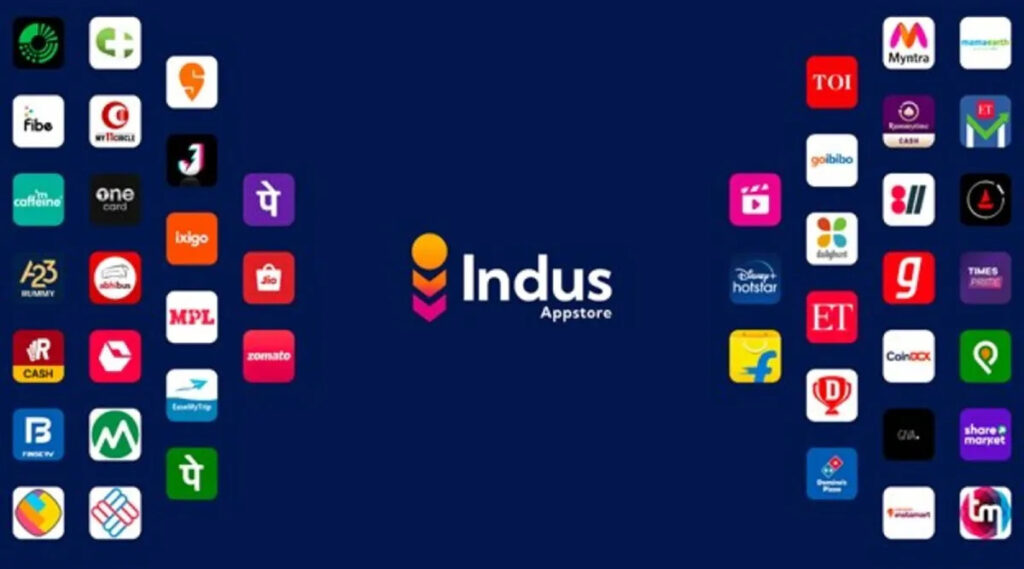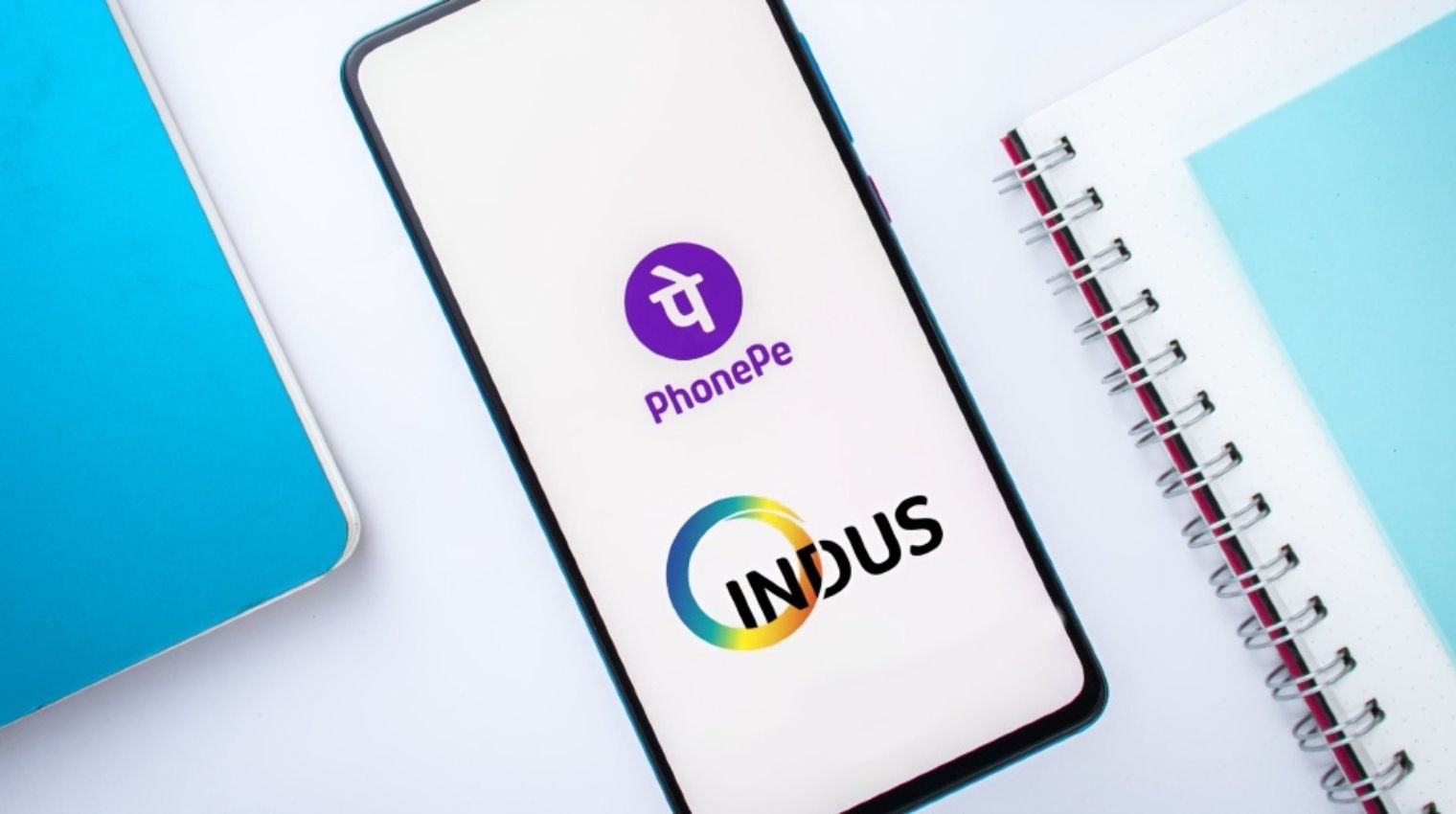PhonePe recently launched the Indus Appstore, aiming to challenge Google’s dominance in the Indian app ecosystem. With a focus on Indian apps and support for regional languages, Indus is quickly gaining traction. Boasting over 200,000 apps across 45 categories, it’s making waves in its initial stages.
One of the key attractions for developers is Indus’s favorable commission structure. Unlike Google, which takes a cut from in-app purchases, Indus allows developers to use third-party payment gateways without fees for a year. Moreover, its emphasis on localization, including support for 12 regional languages and prioritization of Indian apps on the homepage, appeals to users. The app discovery experience is akin to Instagram, featuring a carousel of apps and games for easy browsing. Additionally, sign-in is streamlined, requiring only a mobile number, similar to WhatsApp.

Crucially, Indus is in discussions to have its app store preloaded on smartphones from major brands, potentially expanding its reach. This launch comes amidst growing discontent among Indian developers regarding Google’s policies and commissions. Recent incidents, such as 10 Indian app developers allegedly going non-compliant with Play Store policies, have fueled this discontent.
Despite its promising start, Indus faces an uphill battle against Google Play, which commands over 95% market share in India. To compete effectively, analysts suggest securing preload deals with major smartphone OEMs like Samsung and Xiaomi. While Indus has partnerships with smaller players like Nokia and Lava, their market shares are limited.
Trying out the Indus Appstore is straightforward. Users can visit indusappstore.com, download the APK file, and create an account using their mobile number. From there, they can explore the catalog, download desired apps, and manage installations and updates within the app store interface. While Indus has garnered attention with its rapid growth, its long-term success hinges on its ability to penetrate the market and establish itself as a credible alternative to Google Play.

